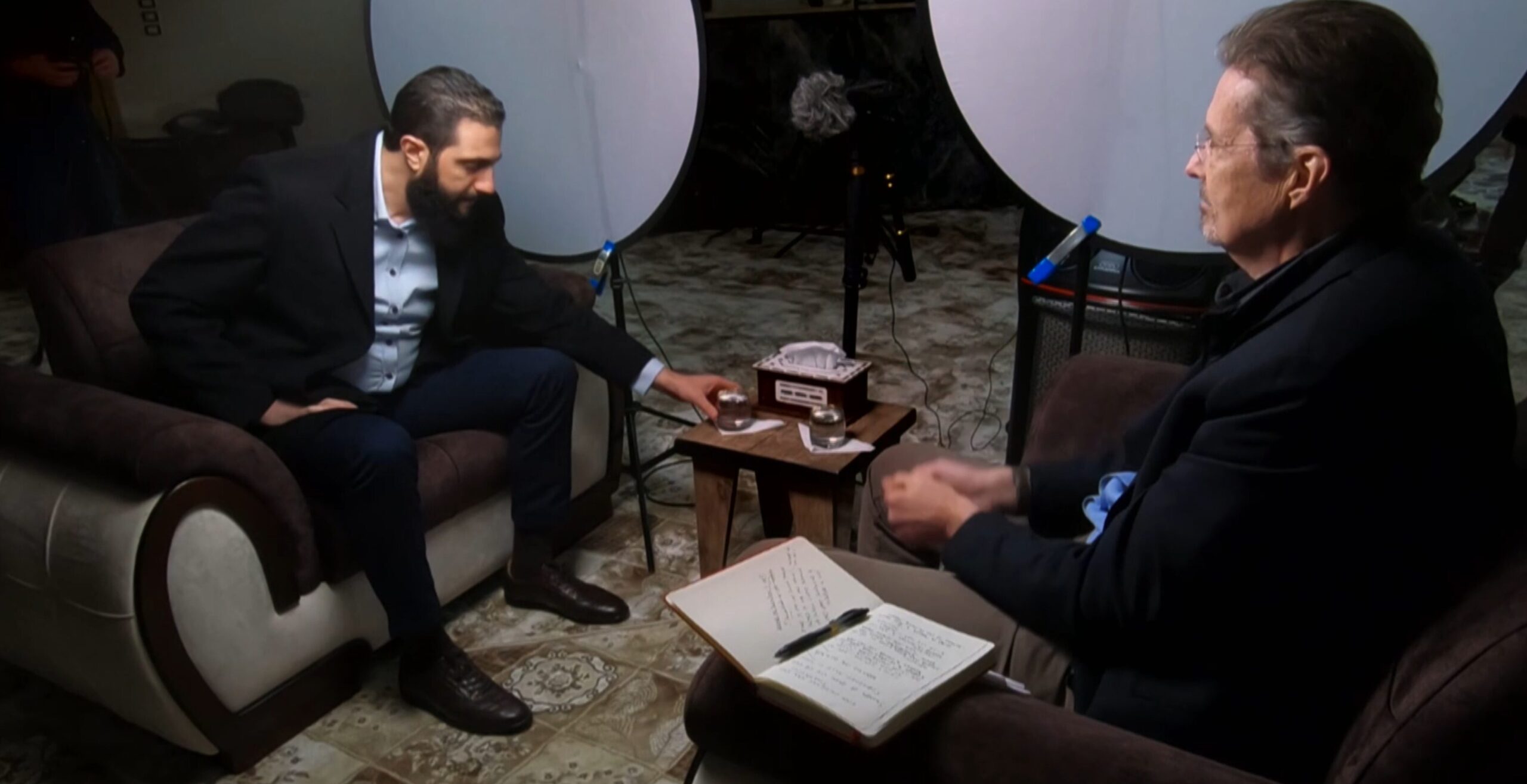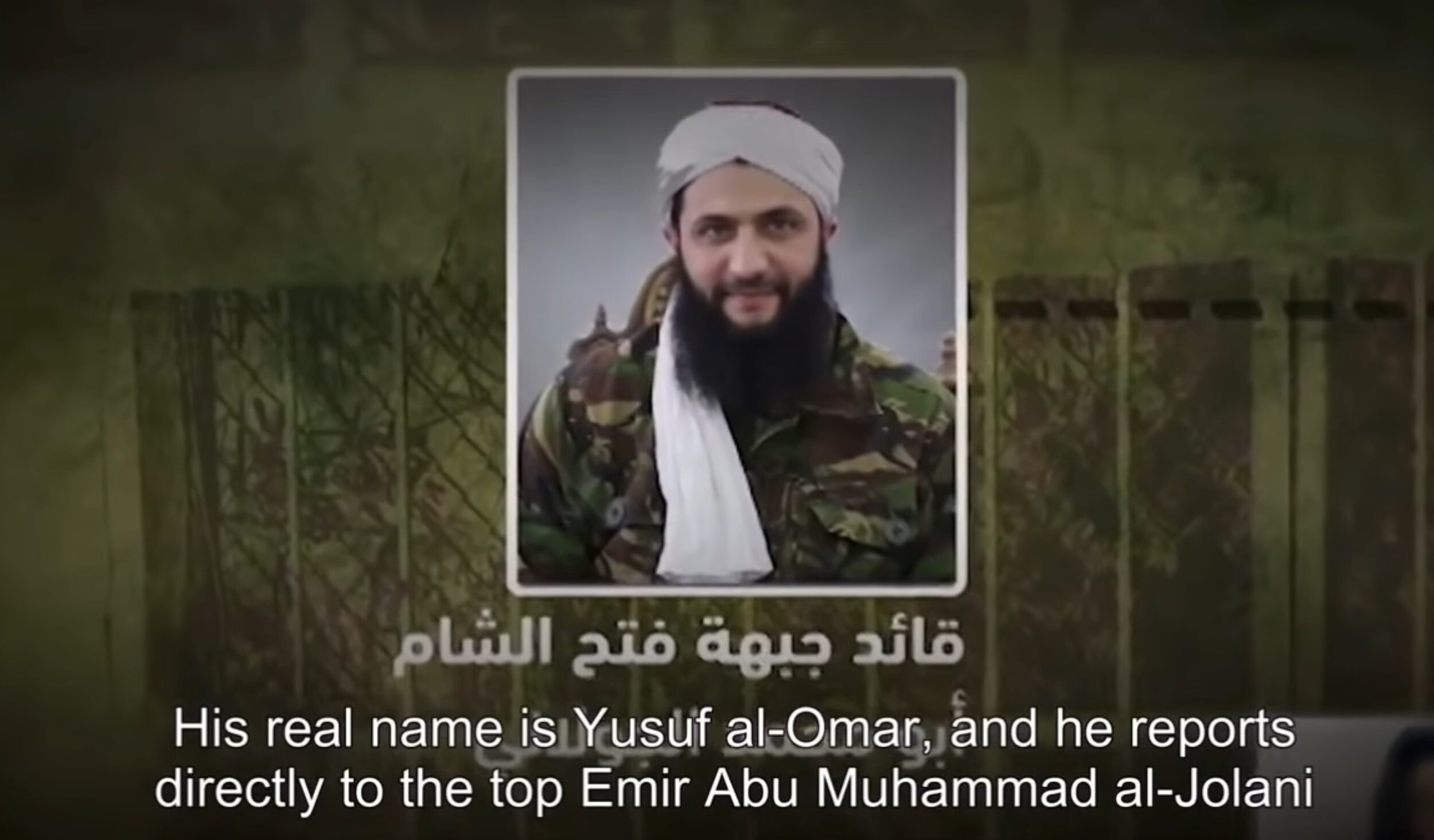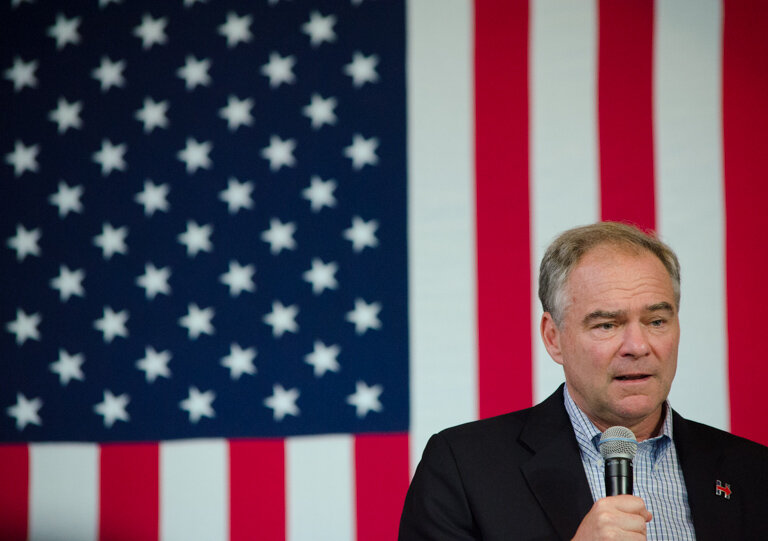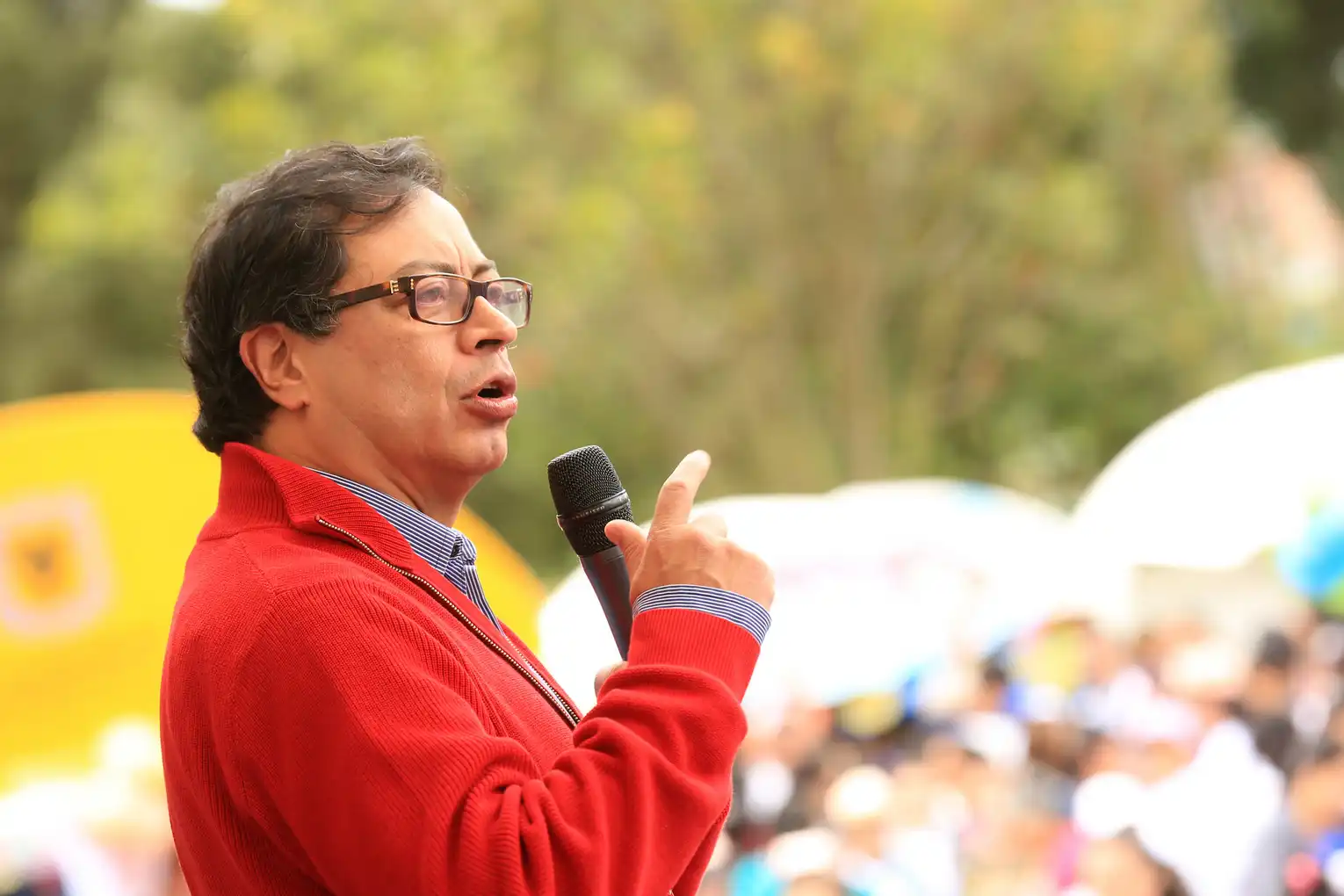Following the remarkably fast collapse of the Assad regime in Syria, the global news media have had to dig out a lot of names they haven’t used in years, including that of Abu Muhammad al-Jolani, the Emir of Hayat Tahrir al-Sham, (HTS) the terrorist organization that just took control of Damascus and Aleppo.
World leaders, diplomats, and human rights groups are celebrating more the downfall of Assad rather than the rise to power of al-Jolani—the absolute picture of an international jihadist terrorist of the 21st century. So far, statements are quick to claim that he is putting out “good messages” or that he and his forces will be “judged by their actions”.
The United Nations’ special envoy for Syria seemed to downplay HTS and al-Jolani’s terrorist designations, maintained by the UN, US, UK, and Australia, at a briefing at the UN’s Geneva headquarters
“It is now nine years since that resolution [declaring HTS’s predecessor a terrorist group] was adopted,” the envoy said. “The reality is so far that HTS and also the other armed groups have been sending good messages to the Syrian people, of unity, of inclusiveness”.
The US State Department has communicated that even though Washington maintains a bounty for information leading to the killing or capture of al-Jolani, it has the capabilities to communicate with HTS and its leader to express US interests.
“So we do have the ability, when it is in our interests, legally to communicate with a designated terrorist organization,” said spokesman Matthew Miller. “[W]e believe we have the ability to communicate one way or the other, directly or indirectly, with all the relevant parties,” he added, responding to a question of whether or not the government would communicate with a man they were allegedly hunting down.
The reality is that despite al-Jolani’s messaging, similar rhetoric was used after the Taliban took control in Kabul before they proceeded to carry out most of the fearful actions it was warned they might, including removing women more and more from the public space, restricting education opportunities, and punishing political dissidents and media.
In 2022, WaL reported how al-Jolani and HTS maintained a regime of terror, killing, forced conversions, and slavery of women in Syria’s Idlib Province. There’s no reason to believe all or some of that behavior is not in store for the nation of Syria now that HTS controls the capital.

PBS’ Jihadist
Taken from an earlier story from World at Large…
“His name is Abu Mohammad al-Jolani. As a former al-Qaeda leader, the US has a $10 million reward for information leading to his capture,” read PBS’s host of Frontline Martin Smith, at the start of a new program called “The Jihadist”.
“He heads the Organization for the Liberation of the Levant, Hayat Tahrir al-Sham—the most powerful Islamist faction in Syria. He has agreed to meet [PBS] because he is trying to overhaul his image”.
Why, one might ask, is a government-employed reporter speaking with a man who is as close to George W. Bush’s approximation of the international Islamic terrorist as one could imagine?
Martin Smith seems to think it’s because he’s trying to overhaul his image, but investigative reporters Ben Norton and Max Blumenthal at The Grayzone suggest it’s merely the most recent attempt that elements within Western governments have made to soften the image of men they’ve spent billions of taxpayer dollars on trying to train and equip in order to wage a dirty war against Syrian leader Bashar al-Assad.
WaL has reported both the regime change war, and the deliberate media campaign to try and rebrand suicide-bombing, Sharia Law-following terrorists.
But what’s behind this latest attempt by the media to cozy up to extremists in the Idlib Province, and why now?

One man’s terrorist is another man’s… terrorist
Sworn loyal to Ayman al-Zawahiri, the international leader of al-Qaeda, al-Jolani, meaning “of the Golan Heights,” his birthplace which he was forced to flee during the Israeli invasion, was part of one of the multiple al-Qaeda factions at the time of the invasion of Iraq called al-Qaeda in Mesopotamia, or AQI.
AQI battled and killed hundreds of American soldiers before crossing the border, under Zawahiri’s blessing, into Syria and changing their name to al-Nusra, sometimes called the Nusra Front.
“He’s battled Americans in Iraq, he’s deployed suicide bombers in Syria, pledged allegiance to al-Qaeda, worked with Abu Bakr al-Baghdadi, the emir of ISIS,” Smith recounts in his interview with Jolani, but only briefly.
What Smith failed to mention are some other things, such as mass torture in prisons, public beheadings, imprisoning or killing journalists, ethnically cleansing Syrian Christians or forcing them to convert at gunpoint, and the small matter of uploading YouTube videos of his fighters cutting the hearts out of Syrian soldiers and eating them.
Al-Araby reported just days after Smith left Idlib that Jolani’s group stoned three women to death in public for alleged adultery.
Within the Beltway, the ‘Cheney Doctrine’ of dealing with dictators states that they must not even be treated as legitimate heads of state, as to do so legitimizes their position due to the power and prestige commanded by America. This has been applied to Syrian leader Bashar al-Assad, North Korea’s Kim Jong Un, and others. It would seem perfectly reasonable then that with a rap sheet as long as Jolani’s, the idea that he’s even human, let alone a political figure in Idlib, such as the documentary would suggest, seems ridiculous to say the least.
Asset Management
Smith’s reporting, which clearly brought about a liking for the jihadist Jolani, who swapped military fatigues or flowing white robes for a pressed suit, in the PBS’s journalists’ mind, focused entirely upon whether Jolani and his re-named group “Hayat Tahrir al-Sham” or HTS pose a threat to Western governments.
HTS’ reign of theocratic tyranny in Idlib was not heavily mentioned, though Smith did acknowledge he was shown what Jolani wanted him to see, and heard what he wanted him to hear, but any cursory searching past Beltway thinktank studies reveals a dystopian society held together by sheer violence and terror.
A 2017 documentary, for example, Undercover in Idlib, produced 21 minutes of footage that included such details as soldiers describing their platoon mates as “guys who like to drink blood and eat skulls” and the correct methods for how to enslave females.
Even through all this, the attempts by Jolani to westernize HTS’s mission of revolution in Syria has clearly won over powerful men in Washington and elsewhere, not least of all Trump’s former special envoy to Syria, James Jeffery, who described HTS/al-Nusra/al-Qaeda as an “asset” to America’s “strategy in Idlib”.
The Grayzone goes on to list a number of influential European and Washington-based minds taking to Twitter in a storm of well-wishes for the jihadist, sprinkled with quotes like “HTS is arguably the most pragmatic al-Qaeda offshoot to exist,” or “Al-Qaeda has really got it right,” and perhaps with a jab in the direction of retired General Stanley McChrystal, “they’re really changing hearts and minds”.
The International Crisis Group, which Blumenthal and Norton peg as an intelligence division cutout, tweeted in support of HTS following the publication of the absurdly titled: In Syria’s Idlib, Washington’s Chance to Reimagine Counter-Terrorism.
At least until 2015-16, evidence of America’s backing of al-Nusra had to be parsed out from leaks, statements, or reports like the Institute for the Study of War’s 2015 Guide to Armed Opposition in Syria, which developed a color-coded system to measure every armed group in the country by the yardstick of devilry which was al-Nusra, the al-Qaeda affiliate.
In interviews on his interview, Smith seems to really believe he was a journalist telling a story, but in an appearance on the Scott Horton Show, KPFK 90.7 FM in Los Angeles, the Frontline host was left doing what looked like damage control. He tried explaining away the mass sectarian cleansing of Druze and Christians from Idlib under Jolani, as well as the Sharia Law imposed on the people there by saying things like “mistakes were made” and “it’s complicated,” and maintained HTS was “considerably different” from al-Qaeda. WaL
We Humbly Ask For Your Support—Follow the link here to see all the ways, monetary and non-monetary.


